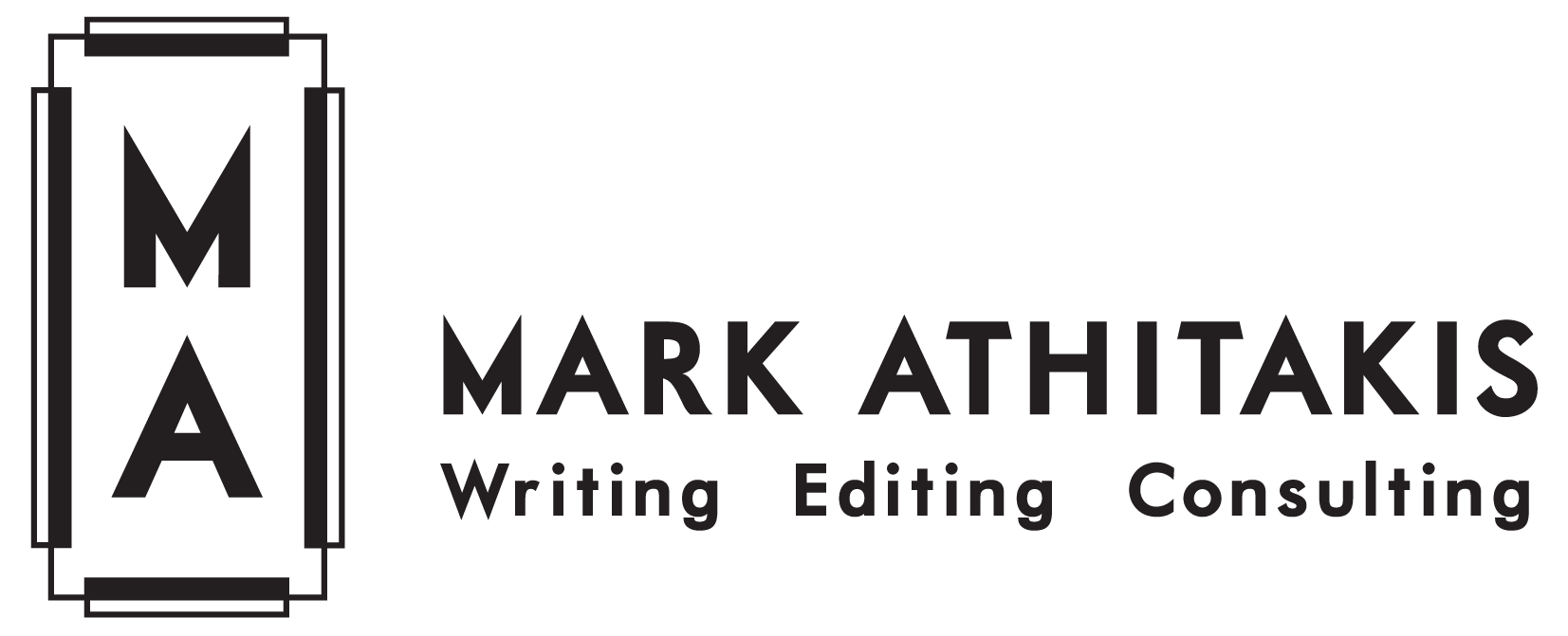Gary Shteyngart: “Nobody wants to read a book but everybody wants to write one. Reading requires an act of empathy, really. What you’re doing when you’re reading a book is saying, I’m going to turn off who I am for a little bit, and I’m going to enter the personality of another human being. Reading is a very generous act, but it’s a very helpful act if you really want to understand what another person is like.”
On making a film version of Winesburg, Ohio with a contemporary setting and all-black cast.
D.G. Myers deems Kurt Vonnegut unfit for the Library of America, largely because of his “sentimental moralism.” I read and enjoyed most of Vonnegut’s books in high school but haven’t revisited them—maybe sentimental moralism means more when you’re a kid. Same probably goes for J.D. Salinger. But it’s still hard to for me to dismiss Vonnegut as easily as Myers does, because Vonnegut had such a strong influence on other writers—Rick Moody and Jonathan Safran Foer most prominently. Neither makes my short list of great living American writers, but that’s just me—the point is that Vonnegut still insinuates himself into fiction in ways that, say, Salinger, never does now. Which is at least one justification for including Vonnegut among the country’s “most significant writing.”
Speaking of: In 2006 Vonnegut went on Second Life to do an interview, which was recently unearthed at Mobylives.
Also speaking of: An online repository of academic research on J.D. Salinger.
And, speaking of some more: The Library of America’s own blog on how Willa Cather has been dismissed as too readable and/or too reactionary.
“The death of God therefore, in Melville’s inspiring picture, leads not to a culture overtaken by meaninglessness but to a culture directed by a rich sense for many new possible and incommensurate meanings.”
Levi Asher gathers up some news items as proof of Beat culture’s continuing endurance, including a new John Clellon Holmes biography and a film version of The Electric Kool-Aid Acid Test.
Kyle Minor‘s suggested reading list for a spring fiction workshop would fill a couple of bookshelves and crush the soul of a young MFA student. But it’s an interesting (mostly) anti-canonical longlist of (mostly) contemporary literature. (On a related note, HTMLGiant’s Blake Butler recently answered a few questions of mine about the site for the National Book Critics Circle “Conversations With Literary Websites” series.)
Jonathan Franzen aces a quiz on birds.
Ernest Hemingway‘s life as told through his guns.
Andrew Ervin (whose debut novel, Extraordinary Renditions, I reviewed for the Minneapolis Star-Tribune) talks about working on the book, and why he’s careful about what he reads when he’s writing.
Binky Urban and Karl Marlantes get big prizes; Mr. Peanut author Adam Ross gets a smaller one, but at least has a good strategy for spending it.
“Sophie’s Choice”: a useful shorthand for “heartbreaking decision,” which is to say it doesn’t apply to figuring out what to cook over the holidays. (via)
